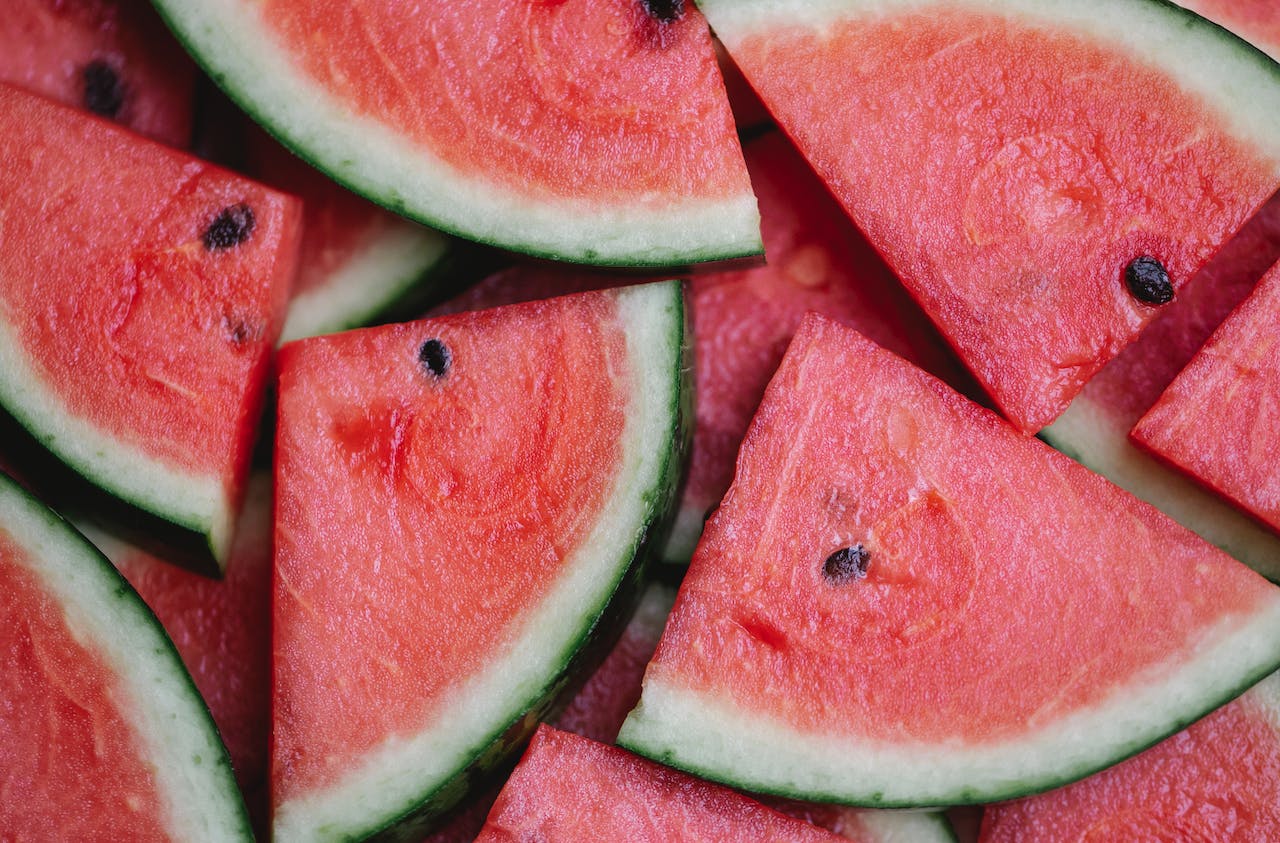Introduction
Maintaining optimal kidney health is crucial for overall well-being, and incorporating essential vitamins into your diet plays a pivotal role in achieving this. In this article, we'll delve into the importance of vitamins for healthy kidney function and explore how they contribute to preventing kidney-related issues.
Understanding the Kidneys
A Filtering Marvel
The kidneys are remarkable organs responsible for filtering waste products and excess fluids from the blood, regulating electrolyte balance, and producing essential hormones. Keeping these functions in check is vital for preventing kidney diseases and ensuring overall health.
Vitamin A: A Guardian of Kidney Tissues
Protecting Renal Tissues
Vitamin A, a fat-soluble vitamin, acts as a potent antioxidant, shielding kidney tissues from oxidative stress. Found in abundance in carrots, sweet potatoes, and spinach, incorporating these foods into your diet can contribute to maintaining healthy kidney function.
B Vitamins: The Kidney's Energy Boosters
Nurturing Cellular Energy
The B-vitamin complex, including B1 (thiamine), B2 (riboflavin), B3 (niacin), B6 (pyridoxine), B9 (folate), and B12 (cobalamin), plays a crucial role in supporting cellular energy production. This is particularly important for the energy-intensive tasks performed by the kidneys, such as filtration and waste elimination.
Vitamin C: Defending Against Oxidative Stress
Strengthening Immunity
Vitamin C, renowned for its immune-boosting properties, also aids in preventing kidney damage caused by oxidative stress. Citrus fruits, strawberries, and bell peppers are excellent sources of vitamin C that can be easily incorporated into a kidney-friendly diet.
Vitamin D: Regulating Calcium Levels
Bone Health and Kidney Function
Vitamin D plays a dual role in supporting kidney health. Not only does it assist in calcium absorption for strong bones, but it also helps regulate calcium levels in the blood, preventing the formation of kidney stones.
Vitamin E: A Shield Against Inflammation
Anti-Inflammatory Properties
Vitamin E, known for its anti-inflammatory properties, contributes to maintaining healthy blood vessels in the kidneys. Almonds, sunflower seeds, and spinach are rich sources of vitamin E that can be included in a kidney-conscious diet.
Vitamin K: Coordinating Blood Clotting
Ensuring Proper Blood Flow
Vitamin K is essential for blood clotting and can prevent excessive bleeding within the kidneys. Leafy greens like kale, collard greens, and broccoli are excellent sources of vitamin K that add a nutritious punch to your meals.
Conclusion
Incorporating a variety of vitamins into your diet is a proactive approach to promoting and maintaining healthy kidney function. From protecting renal tissues to supporting energy production and defending against oxidative stress, each vitamin plays a unique role in ensuring the well-being of these vital organs. Remember, a balanced and nutrient-rich diet, coupled with a healthy lifestyle, is the key to nurturing your kidneys and safeguarding your overall health.


